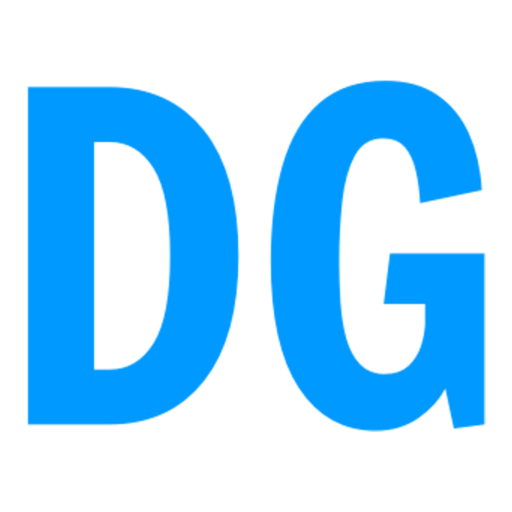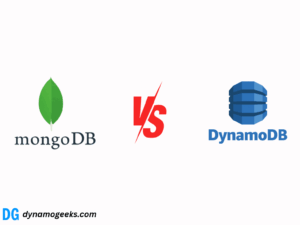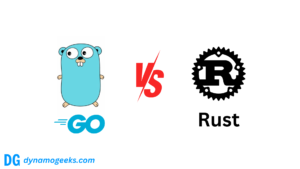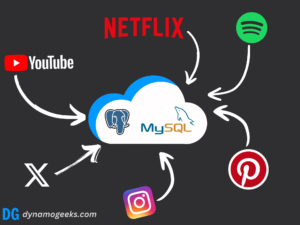As a game developer, I always look for ways to enhance my productivity. Recently, I discovered an opportunity to share my solutions with others in the Unity community by creating and selling assets on the Unity Asset Store. I developed two assets: “Master Toolbar” and “2D Weapon Pack,” and I’m excited to share how these projects not only helped other developers but also brought in a little extra income.
The Genesis of Master Toolbar
Switching scenes in Unity can often be a tedious task, especially when dealing with a large number of them. This was a challenge I faced, handling 10-20 scenes regularly, which slowed down my workflow considerably. In my quest to solve this problem, I explored existing solutions but found them lacking in usability and ergonomic design—key components that I value highly.
Determined to improve upon what was available, I developed the Master Toolbar, a Unity editor tool designed for efficiency and ease of use. It allows users to switch scenes quickly, customize font sizes, sort scenes, and includes quick functions to perform frequent tasks more efficiently. After rigorous testing and ensuring the tool met high standards, I produced promotional materials (Editor screenshots and video). I documented the process using Notion and published it on the web. Once everything was in place, I submitted the Master Toolbar to the Unity Asset Store. It was a lengthy wait, but after 45 days, the asset was approved and made available globally.
Crafting the 2D Weapon Pack
The 2D Weapon Pack was born out of my love for 2D art and as an experiment to gauge the potential of asset sales on the Unity Asset Store. I dedicated less than 30 hours to this project to see if it was a viable avenue without investing too much time initially. The asset features a variety of hand-drawn weapons, each with multiple skin textures and colour combinations to cater to the customization trends popular among players today.
I included 24 weapon sprites, 7 scope sprites, 7 suppressor sprites, and over 100 skin colour combinations. All sprites are in 2048×1024 pixels. Each sprite was carefully crafted to ensure high quality, and I set up a Unity scene for users to preview and interact with the assets. Promotional efforts followed, including photos, videos, and a WebGL demo game, all documented and shared online (again using Notion). After submitting the asset and a few weeks of anticipation, it too was approved and listed on the Unity Asset Store. You can check out the demo.
Launch and Unexpected Success
With both assets live, I offered a 50% discount for the first 15 days, pricing the Weapon Pack 2D and Master Toolbar at just $7.50 each (Original price $15). Despite concerns about visibility and initial sales, the results were astonishing. Within just three days, sales began to pick up, and by the end of two weeks, I had made over $100—a milestone that filled me with immense gratitude and joy.
Lessons Learned and Insights
The journey of creating and selling these assets taught me that tools made to solve personal challenges can significantly aid others. The community’s positive reception and willingness to invest in these tools highlighted their value. These experiences have shown me that Unity developers not only have the opportunity to create games but also to develop assets that can assist others and foster a supportive community.
My final thoughts…
Developing and selling assets on the Unity Asset Store is a fantastic complement to game development. It not only offers financial rewards but also strengthens community ties and supports fellow developers. My journey with the Master Toolbar and 2D Weapon Pack is a testament to how addressing personal workflow issues can resonate with and benefit others in the industry. I encourage every Unity developer to consider what tools or assets they could create to enhance not just their own productivity but also that of the community at large.
For fellow Unity developers, remember that developing games is just one avenue to explore. Creating and selling assets is another viable way to contribute to the community and potentially earn revenue. Your skills can provide significant value, helping you and others streamline development processes or enhance game aesthetics.










Hey just wanted to give youu a brief heads uup and let you know
a few of the images aren’t loading properly. I’m not
sure why but I think its a linking issue. I’ve tried it in two different web browsers and both show the same outcome.